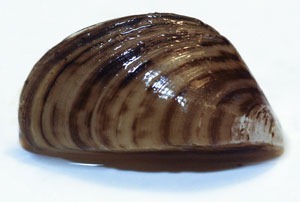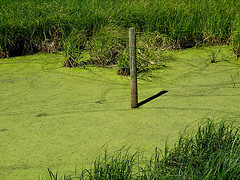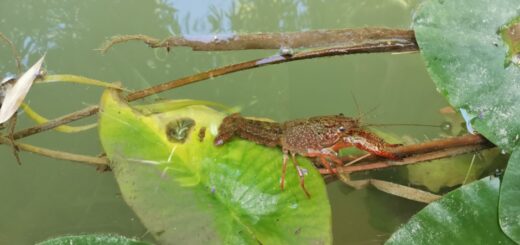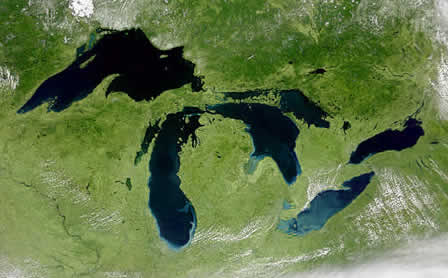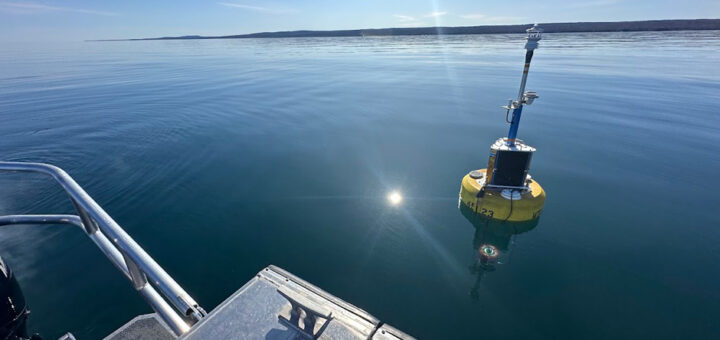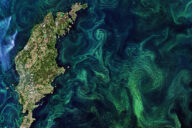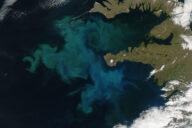Study on golden mussels aims to fight Great Lakes invaders
0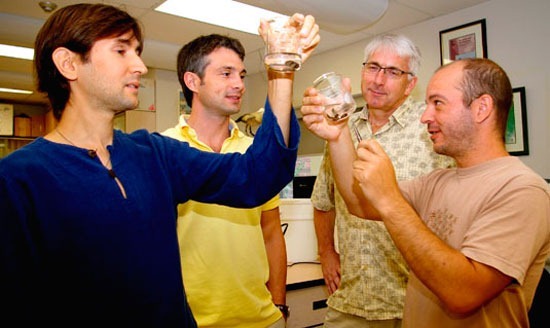
Researchers from the Great Lakes Institute at the University of Windsor examine samples of golden mussels.
Dr. Hugh MacIsaac has made a career out of fighting invasive species. The University of Windsor professor and researcher with the Great Lakes Institute of Environmental Research has for years helped stop these foreign invaders from spreading through North America.
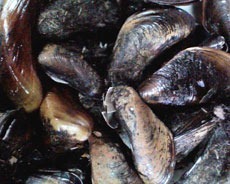
Golden mussels
Now he’s taking that effort to the Southern Hemisphere, where he’ll examine the spread of the golden mussel (Limnoperna fortunei) in a South American river system. The Great Lakes and North America are already plagued with invasive mussels, most notably the seemingly unstoppable zebra mussels. MacIsaac aims to devise strategies to keep the golden mussels from joining the ranks of these successful Great Lakes invaders.
“It’s imperative that we keep this species out, because there’s no question it could survive in the Great Lakes,” MacIsaac said.
Much like the zebra mussels, golden mussels arrived in the Americas after stowing away in the ballast tanks of ocean freighters traveling from Asia. Golden mussels entered the Paraná River in Argentina in 1991. Since then, they’ve spread to Uruguay, Paraguay and as far north as Brazil.
MacIsaac received a $120,000 Discovery Accelerator Supplement grant from the Natural Sciences and Engineering Research Council to study the colonization of the golden mussel. He’s used the funds to hire PhD and post-doctoral students, including two from the University of Buenos Aires.
The team will study the species’ survival methods, population growth, and spreading patterns to understand how it has been able to expand throughout the continent so easily. They’ll use this data to draw parallels with zebra mussels and other invasive species.
MacIsaac and his team will also compare the genetic disparities between mussels that survive in clear water and turbid water environments to understand whether their spread was caused by a single invasion or if it required multiple introductions to South American waterways.
“We’ll be able to discern that by looking at the genetic composition of each of these populations from two very different settings,” MacIsaac said. “We want to know how invasive species successfully establish in habitats that environmental suitability models suggest they shouldn’t be capable of colonizing.”
The resulting data will help regulators and the shipping industry devise better policies to inhibit the spread of invasive species, MacIsaac said. Studies from his lab have already helped stem the influx of Great Lakes invaders. For example, research on the spread of zebra mussels showed that flushing ballast tanks with salt water from the ocean can kill the mollusks before they enter North America.
Biologist studies golden mussel in South America [The Univerity of Windsor: Daily News] Windsor researchers take on invasive species [The Windsor Star] Limnoperna fotunei – Golden Mussel [U.S. Army Corps of Engineers Environmental Laboratory]
Image Credits: The Univerity of Windsor: Daily News, http://biolo.bg.fcen.uba.ar/images/limno_varias.jpg




